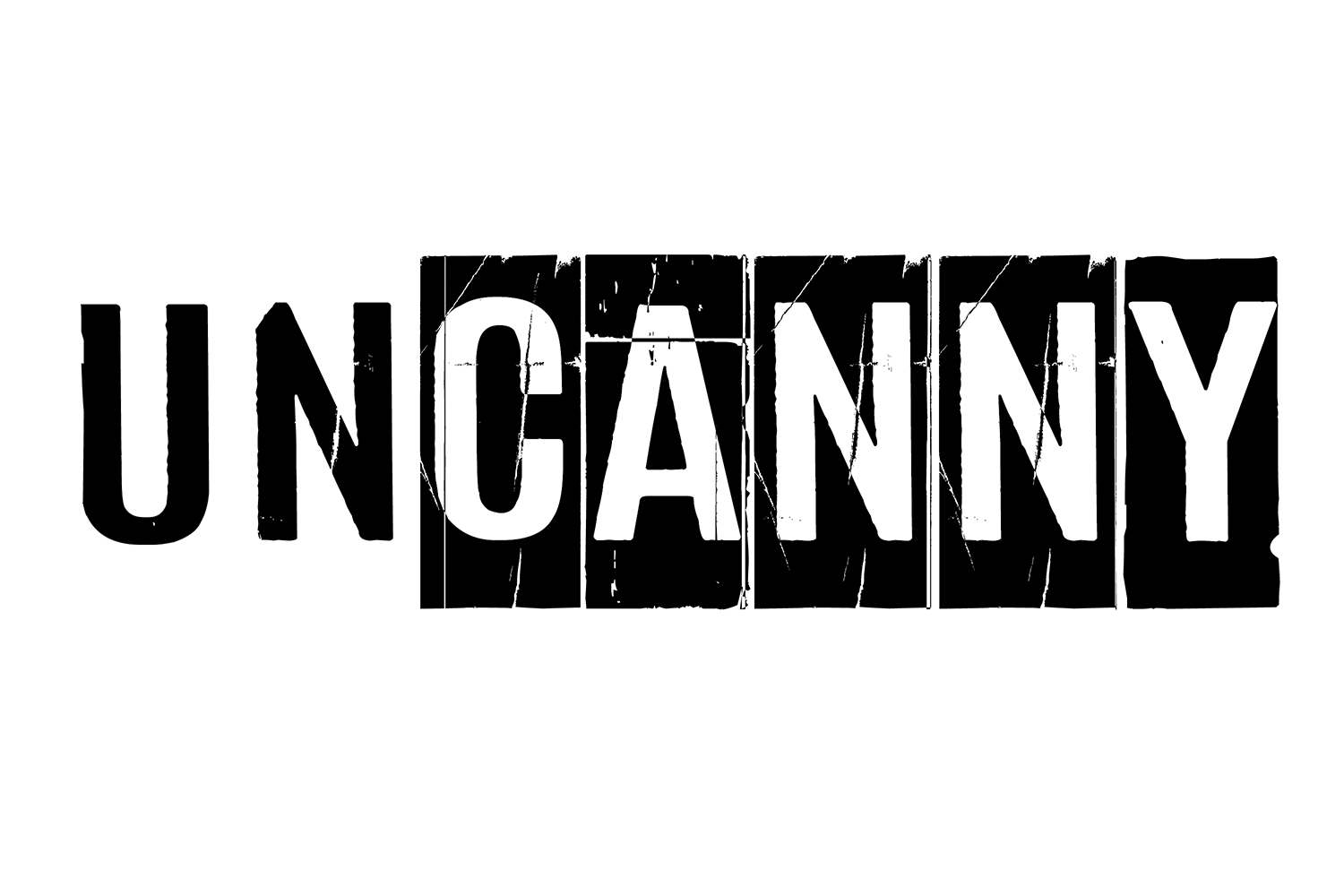
Cult indoctrination is a complex and often devastating experience, leaving lasting psychological, emotional, and sometimes even physical scars on its victims. The recovery process is a journey filled with unique challenges, but with understanding, support, and effective therapeutic interventions, healing and reclaiming one’s life is possible.
Understanding the Impact of Cult Indoctrination
Cult indoctrination utilizes a range of manipulative tactics designed to break down an individual’s sense of self, critical thinking abilities, and personal autonomy. These tactics include:
Love Bombing: The initial phase often involves overwhelming affection, attention, and acceptance, creating a powerful sense of belonging and dependency.
Isolation: Gradually, members are isolated from their support systems, families, and friends, leaving them vulnerable and dependent on the group for validation and information.
Thought Reform: Through a combination of repetitive teachings, confession sessions, and peer pressure, members’ beliefs are manipulated, and their worldview is reshaped to align with the cult’s ideology.
Fear and Guilt: Threats of divine retribution, shunning, or harm to loved ones are used to instill fear and maintain compliance. Guilt and shame are weaponized to suppress doubts and maintain control.
Dependence and Control: The cult leader becomes the ultimate authority figure, dictating every aspect of members’ lives, from their finances and relationships to their thoughts and emotions.
These tactics leave a profound impact on the victim’s psyche, resulting in symptoms such as:
- Cognitive Dissonance: The internal conflict between one’s own beliefs and the indoctrinated ideology.
- Dissociation: A disconnection from reality, emotions, and personal identity.
- Post-Traumatic Stress Disorder (PTSD): Flashbacks, nightmares, anxiety, and depression are common after escaping a cult.
- Difficulty Trusting Others: The betrayal and manipulation experienced in the cult can lead to deep-seated trust issues.
- Identity Crisis: The loss of personal autonomy and beliefs can lead to confusion about one’s values, goals, and purpose in life.
Strategies for Recovery
Recovery from cult indoctrination is a multi-faceted process that requires a personalized approach tailored to the individual’s specific needs and experiences. However, some general strategies can aid in the healing journey:
Re-establish Support Systems: Reconnecting with family and friends who were not involved in the cult can provide crucial emotional support and a sense of normalcy. Building new relationships outside the cult environment is equally important.
Therapy and Counseling: Seeking professional help from therapists specializing in cult recovery is essential. Therapy can help individuals process their trauma, rebuild their self-esteem, and develop healthy coping mechanisms.
Education and Research: Learning about the psychology of cults and manipulative tactics can empower survivors to understand their experiences and challenge the cult’s ideology.
Self-Care: Prioritizing physical and mental health is crucial for recovery. This includes adequate sleep, healthy nutrition, exercise, and engaging in activities that bring joy and fulfillment.
Support Groups: Connecting with other survivors in support groups or online forums can offer a safe space to share experiences, receive validation, and learn from others’ journeys.

The Role of Professional Help
While self-help strategies are valuable, professional help from therapists specializing in cult recovery is often essential for a comprehensive recovery. Therapists can provide a safe and supportive environment for survivors to explore their trauma, challenge distorted beliefs, and develop healthy coping mechanisms.
Therapies such as Cognitive Behavioral Therapy (CBT), Eye Movement Desensitization and Reprocessing (EMDR), and group therapy have proven effective in helping survivors address the psychological and emotional scars of cult indoctrination.
Further Reading and Resources
- The International Cultic Studies Association (ICSA): offers resources, research, and support for cult survivors and their families.
- Freedom of Mind Resource Center: Provides information, educational materials, and support services for individuals affected by manipulative groups.
- Recovering from Religion: A support organization for those who have left religion, including former cult members.
- The Cult Information Centre: UK-based organization offering information and support to those affected by cults.
Books
- “Combatting Cult Mind Control” by Steven Hassan”
- “Take Back Your Life: Recovering from Cults and Abusive Relationships” by Janja Lalich and Madeleine Tobias
- “Thought Reform and the Psychology of Totalism” by Robert Jay Lifton
Conclusion
Recovery from cult indoctrination is a challenging but achievable journey. By understanding the manipulative tactics used by cults, seeking professional help, rebuilding support systems, and prioritizing self-care, survivors can heal from their trauma, reclaim their lives, and thrive.
POPULAR TODAY
This allure turned fatal for James Chatman and his daughter Crystal Tuggle, who disappeared during a hike in El Malpais, New Mexico. Despite extensive search efforts involving over 250 people, including National Park employees and volunteers, no trace of them was found initially.
